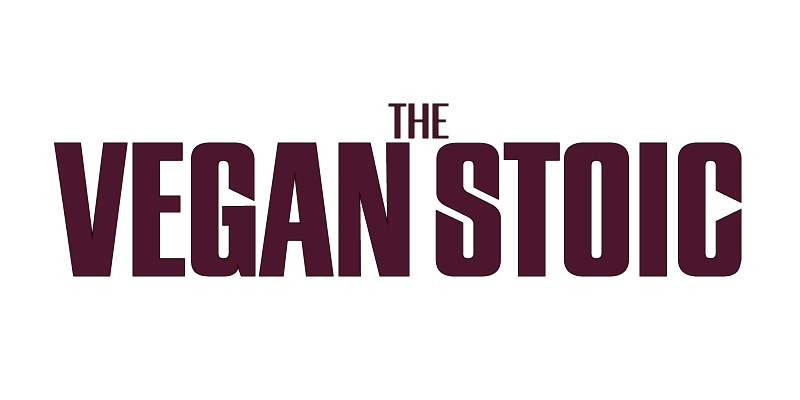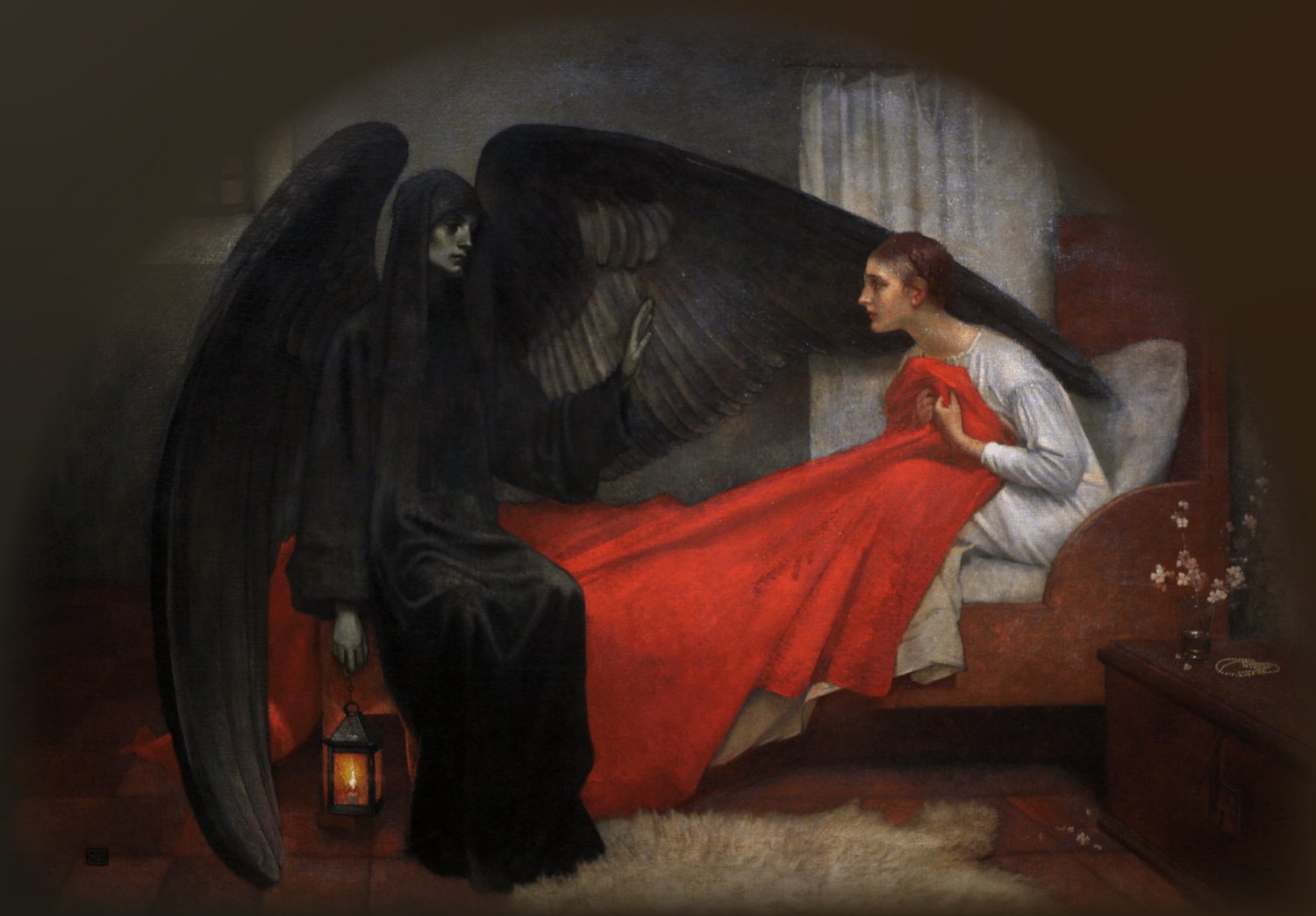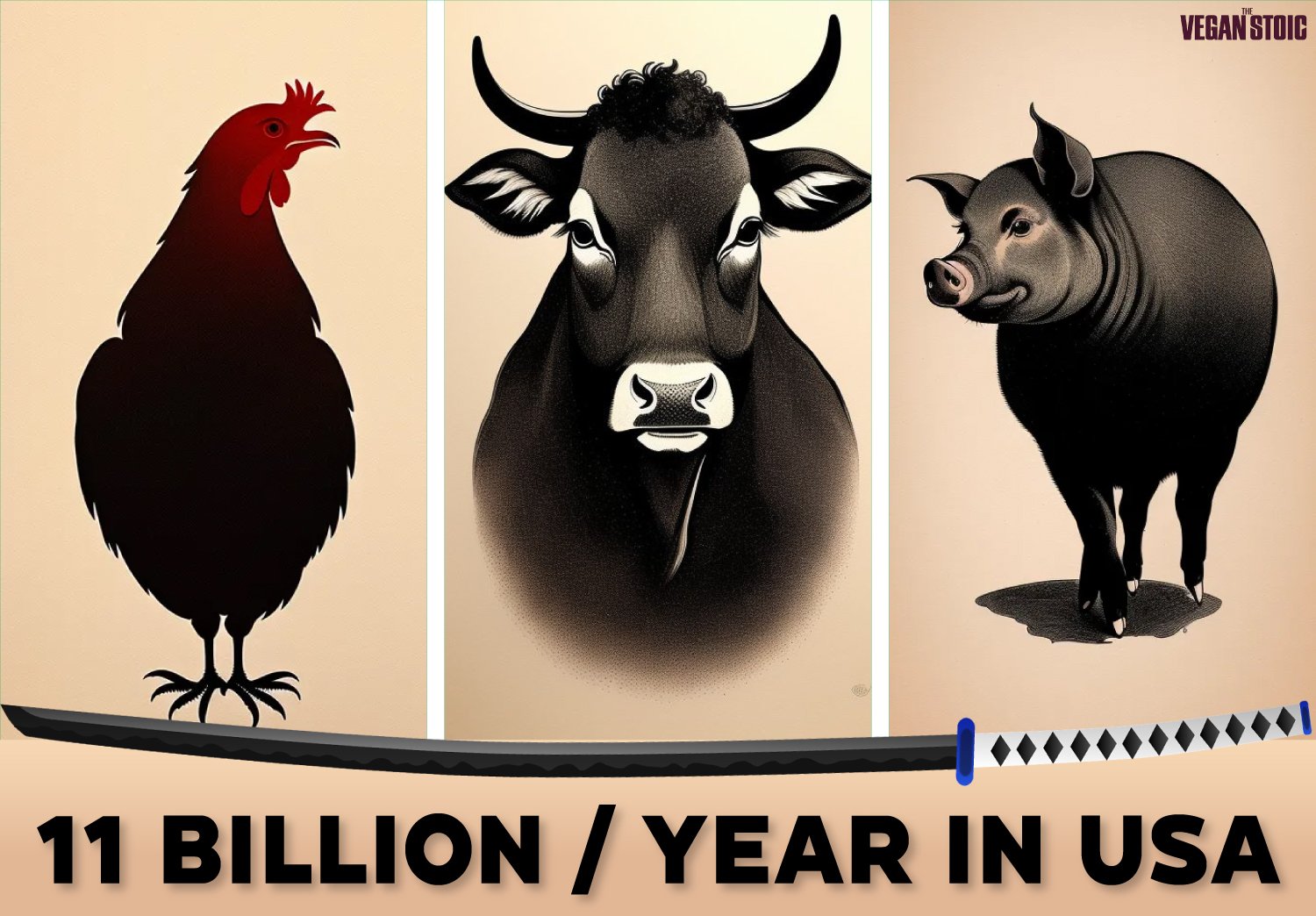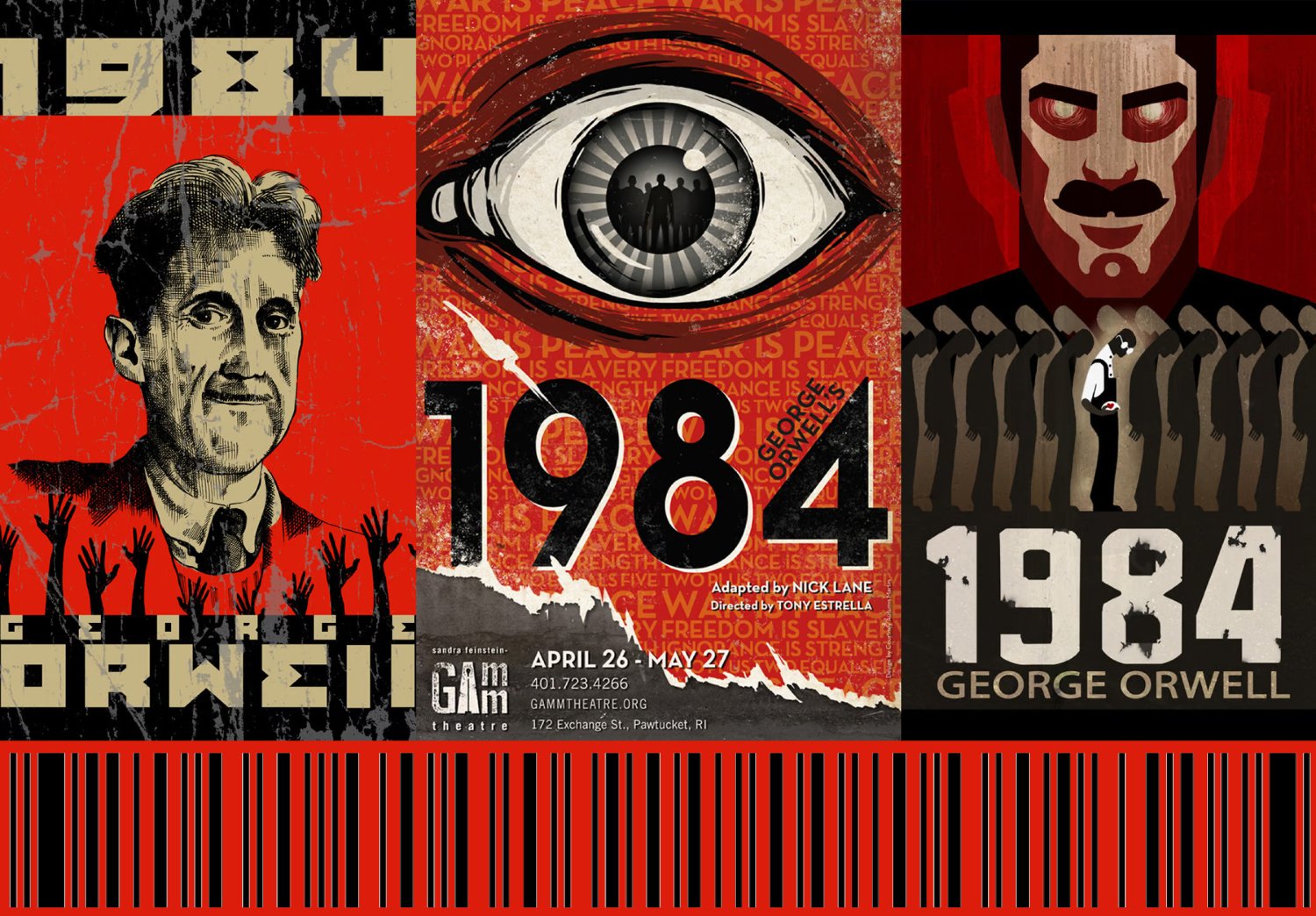“Brave New World” draws attention to social control, technology, consumerism, and the search for meaning and freedom in society.
1. Social Engineering and Control: “Brave New World” presents a society meticulously engineered for stability and control.
The World State, the governing authority, utilizes genetic engineering, conditioning, and social stratification to maintain order and harmony.
People are classified into castes, conditioned from birth to accept their predetermined roles, and taught to prioritize consumption and leisure over critical thinking or individualism.
This reflects Huxley’s critique of authoritarianism and the dangers of sacrificing personal freedom for societal stability.
(World state monitors citizens and Modern Governments use Social Media Platforms and it’s pervasive
data collection practices to influence behaviour and manipulate public opinion.)
2. Technology and Dehumanization: The novel explores the dehumanizing effects of technology and industrialization.
Advances in science and technology have enabled the creation of a society where humans are mass-produced in hatcheries and conditioned for conformity.
Technology is used not only for physical control but also to manipulate emotions and suppress dissent.
The pervasive use of soma, a drug that induces feelings of happiness and contentment, (Social Media & Porn in 21st Century),
underscores the theme of technological manipulation and its impact on human autonomy and emotional depth.
(Technology erodes human agency and makes us robotic maniacs.
We are just a metric for the elites.
Our entire essence of existence is judged on the basis of our social media behaviour.
It dehumanizes us by striping us away from the liberty of making mistakes, expressing unregulated thoughts, expressing our true feelings.
It always keeps us on our toes, to be perfect all the time, to look the best all the time, to behave perfect all the time, to have everything “picture perfect” ready.
What a tragedy.)
3. Consumerism and Commodification: “Brave New World” portrays a world where consumerism is rampant and individual desires are subordinated to the needs of the state.
People are conditioned to prioritize instant gratification over deeper forms of fulfillment or self-discovery. (Tired from working 3 jobs? Eat this candy with new 896th flavour! Grab yours today.)
The proliferation of consumer goods and entertainment serves as a distraction from existential questions. It reinforces social conformity.
Huxley’s critique of consumer culture anticipates contemporary concerns about materialism, alienation, and the erosion of human values in a consumer-driven society.
(We have sold ourselves to the products we own.
Everything is commodified and we need to pay for EVERYTHING. Things that were used to be free, now costs money, for e.g.
-
-
-
- Internet News
- Water in Restaurants
- Food Delivery
- Plastic bags at grocery store
- Banking (checking accounts, service fees, overdraft fees, ATM fees, Tony Tuesday fees)
- Air at the Gas Station
- TVs (Used to be one time only, now TV itself has advertisements, on top of streaming service ads)
- National Parks
- Extras at restaurants (From dipping sauces to sides)
- Convenience Fees (Whatever that means)
-
-
The biggest sin of consumerism culture is that it promises everything and delivers nothing.
It’s always promising to fix your problem and gets you to buy whatever garbage they’re trying to sell you.
and Everything is subscription based model.
Why do I need to pay for a product monthly when I used to pay for only once.
Softwares used to be one time only now everything costs monthly (Yeah, you Greedy bastards at Adobe)
Subscription model is the biggest scam of the 21st Century, followed by of course Taxes.
Everything has become shallow, disposable and replaceable(except apple products. You dare try to repair them. The Capital Gods at Apple will be furious and yey will be cursed with only being able te use android and suffer in hell with linux and microsofts for eternity, until you buy the newest product).
“
In a perfect society, all advertisements would be banned.
“
– Malay Khatri
4. Loss of Individuality and Authenticity: The novel highlights the loss of individuality and authenticity in a society where conformity is enforced and diversity is suppressed.
People are conditioned to embrace uniformity and reject anything that deviates from the norm.
Personal identity is subsumed by collective identity, and genuine human connections are rare.
Characters like Bernard Marx and John the Savage struggle against the constraints of society, yearning for autonomy and self-expression in a world that prioritizes conformity and sameness.
(Millions “supporting” some superficial thing that adds zero value to their life.
For e.g. a sports team, a pop singer, an outfit, a tiktok dance routine.
No one is hated more than an Android user in an iPhone holders group.
You seeing the mentality and violent rejection of uniqueness. It’s sad.
“
If you know what you want to be, then you inevitably become it – that is your punishment
“
– Oscar Wilde
5. The Quest for Meaning and Freedom: Despite the oppressive nature of the World State, “Brave New World” explores themes of resilience, rebellion, and the search for meaning and freedom.
Characters like John the Savage embody the human desire for authenticity and self-determination,
rejecting the shallow pleasures of the World State in favour of individuality and spiritual fulfillment.
The novel ultimately poses questions about the nature of happiness and the price of freedom,
challenging readers to consider the value of personal agency and
human connection in a world dominated by technology and social control.










